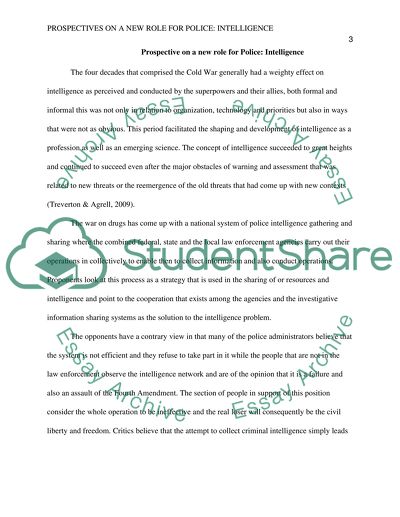Cite this document
(Prospective on a New Role for Police: Intelligence Essay, n.d.)
Prospective on a New Role for Police: Intelligence Essay. Retrieved from https://studentshare.org/social-science/1636419-prospectives-on-a-new-role-for-police-intelligence
Prospective on a New Role for Police: Intelligence Essay. Retrieved from https://studentshare.org/social-science/1636419-prospectives-on-a-new-role-for-police-intelligence
(Prospective on a New Role for Police: Intelligence Essay)
Prospective on a New Role for Police: Intelligence Essay. https://studentshare.org/social-science/1636419-prospectives-on-a-new-role-for-police-intelligence.
Prospective on a New Role for Police: Intelligence Essay. https://studentshare.org/social-science/1636419-prospectives-on-a-new-role-for-police-intelligence.
“Prospective on a New Role for Police: Intelligence Essay”, n.d. https://studentshare.org/social-science/1636419-prospectives-on-a-new-role-for-police-intelligence.


